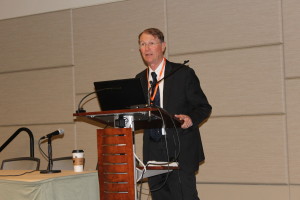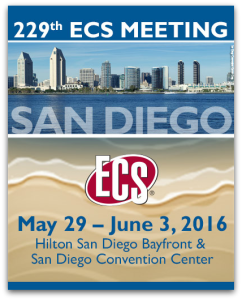 With our 228th meeting in Phoenix just completed, ECS is calling for abstract submissions for our 229th meeting in San Diego, California. By submitting an abstract, you have the opportunity to present a paper or participate in a poster session and are eligible to apply for a division-sponsored travel grant. Travel grants are intended is to assist students, postdoctoral researchers, and young professionals with the travel costs of attending an ECS biannual meeting. These grants are specific to each division.
With our 228th meeting in Phoenix just completed, ECS is calling for abstract submissions for our 229th meeting in San Diego, California. By submitting an abstract, you have the opportunity to present a paper or participate in a poster session and are eligible to apply for a division-sponsored travel grant. Travel grants are intended is to assist students, postdoctoral researchers, and young professionals with the travel costs of attending an ECS biannual meeting. These grants are specific to each division.
How to submit an abstract:
To submit your abstract for the 229th meeting in San Diego, please visit here.
The deadline for submitting an abstract is DECEMBER 11, 2015.
How to apply for a travel grant:
Apply for a travel grant after submitting your abstract by visiting www.electrochem.org/travel_grants.
The deadline for travel grant submissions for the San Diego meeting is FEBRUARY 12, 2016.
If you have any additional questions please contact travelgrant@electrochem.org.
How to enter the General Poster Session:
Students are eligible for the biannual meeting general student poster awards by submitting their abstract to the Z01- General Society Student Poster Session. To submit your abstract for the San Diego meeting, please visit https://ecs.confex.com/ecs/229/cfp.cgi and then scroll to the “Z-General Topics” section.


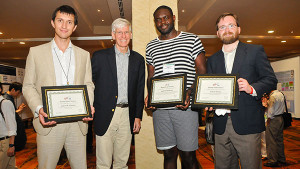
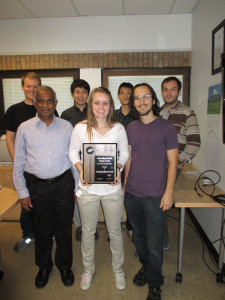
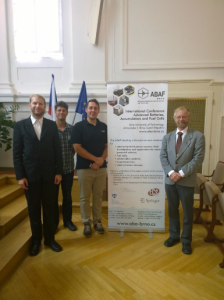
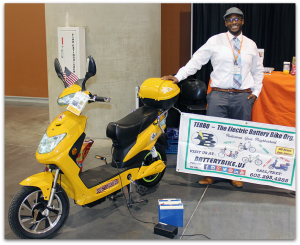
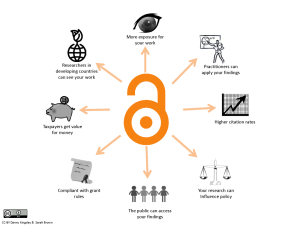
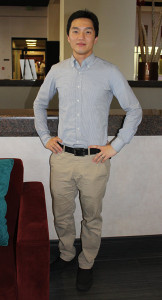
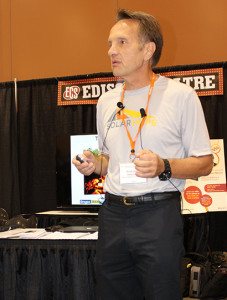
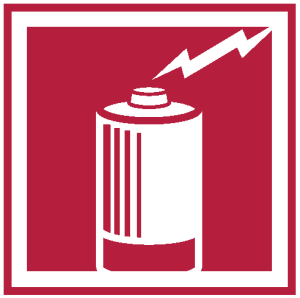 Read the 21 papers in the collection
Read the 21 papers in the collection